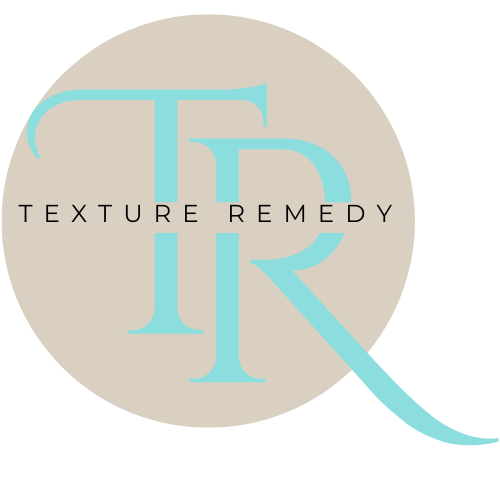Unraveling the Connection Between Hair Loss and Your Health
Hair Loss: A Mirror to Your Health
Hair loss is not merely a cosmetic concern—it's also a mirror to your overall health. Your hair tends to reflect what's happening within your body, and a alteration in its texture or growth can be an indication of underlying health issues. Let's explore the intriguing connection between hair loss and health and what your hair might be trying to tell you.
The Hair-Health Connection
Hair as a Sign of Health
Hair follows a normal cycle of growth, rest, and falling out. However, when hair loss is excessive or there is a texture change, it may be a signal of illness. Hair is extremely sensitive to what is happening in your body, based on nutrition, stress, hormones, and disease.
Some of the Most Common Health-Related Causes of Hair Loss
1. Nutritional Deficiencies
Hair growth relies on essential nutrients. Deficiencies such as iron, zinc, vitamin D, and B vitamins result in hair loss and thinning. For instance, iron deficiency is associated with telogen effluvium, in which additional hair enters the resting phase.
2. Hormonal Imbalances
Hormones are significant in hair growth. Endocrine disorders such as polycystic ovary syndrome (PCOS), thyroid gland disorders, and pregnancy can influence hair. Additionally, androgenetic alopecia (pattern baldness) is also influenced by hormones such as dihydrotestosterone (DHT).
3. Stress and Mental Health
Stress is also a common culprit in hair loss. Too much stress can lead to telogen effluvium, leading to sudden hair loss. Chronic stress can also worsen alopecia areata, an autoimmune disease wherein the immune system attacks hair follicles.
4. Autoimmune Diseases
Autoimmune conditions such as lupus and alopecia areata typically lead to hair loss. They occur when the immune system mistakenly targets hair follicles, resulting in patchy hair loss or thinning.
5. Chronic Diseases and Medications
Chronic conditions such as diabetes, lupus, and inflammatory bowel disease can influence the health of your hair. Medications—particularly chemotherapy drugs—also typically have hair loss as a side effect.
Taking Action: Steps to Healthier Hair
1. Proper Nutrition
Promote hair growth by eating a healthy diet. Include iron (lean meats, leafy greens), zinc (nuts, seeds), and vitamin D (fatty fish, fortified foods) in your diet.
2. Control Stress
Include stress-reducing activities like yoga, meditation, and deep breathing exercises in your life. Give importance to self-care to achieve inner harmony for healthy hair.
3. Hormonal Balance
If you think you have hormonal imbalances, consult a healthcare professional. Treatment of thyroid disease or PCOS can lead to dramatic improvement in hair health.
4. Medical Check-Ups
Regular visits to your healthcare professional can uncover underlying issues behind your hair issues. Early diagnosis and treatment of conditions can halt hair loss in its tracks.
5. Consult a Specialist
For unexplained hair loss, see a dermatologist or trichologist. These professionals can analyze your hair loss pattern and recommend personalized solutions.
Embrace the Journey to Healthier Hair
Having knowledge about the link between hair loss and health empowers you to take control of your well-being. By addressing underlying conditions and making healthy lifestyle changes, you can foster healthier hair growth while enhancing your overall quality of life.
Your hair is part of your body's system and requires attention from the inside out. Therefore, when you notice something occurring with your hair, consider what your body is attempting to inform you. Listen—it could be the start of a journey to vibrant health and beautiful hair!
